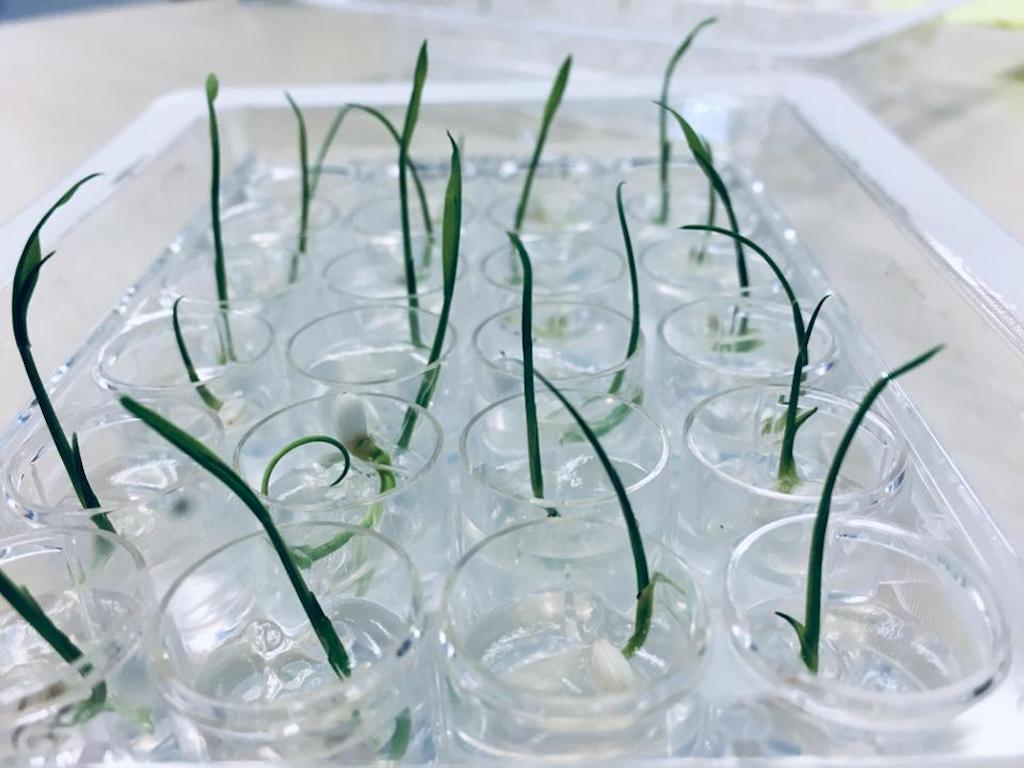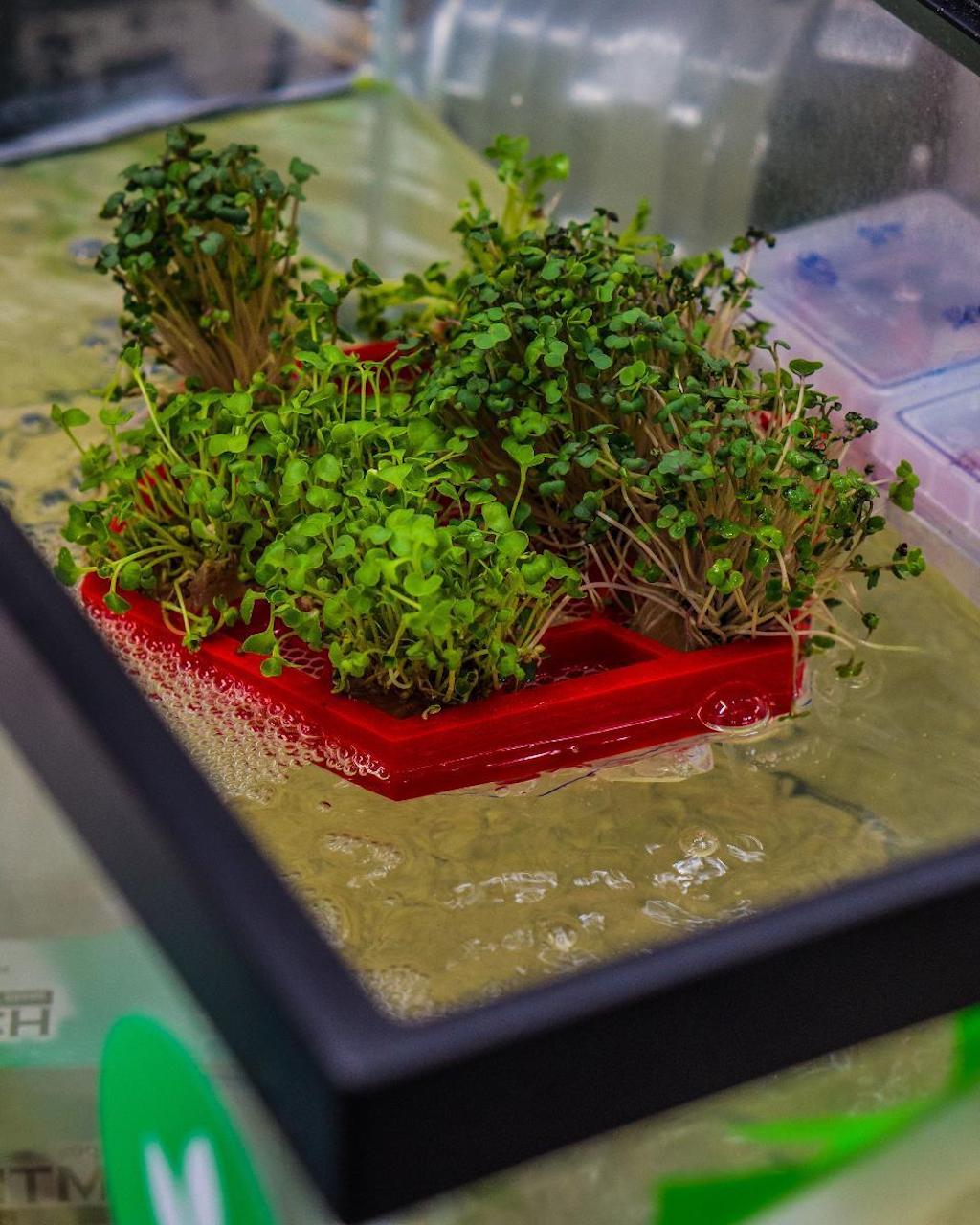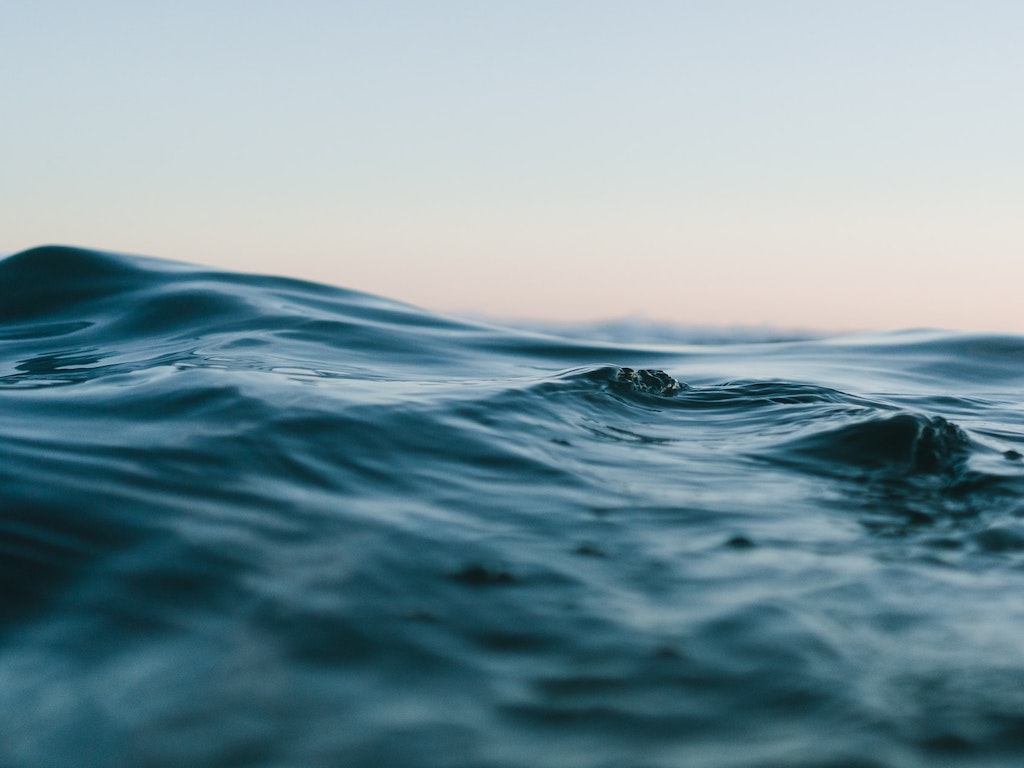3 Mins Read
California-based Agrisea is focused on developing oceanic salt-tolerant crops in order to fight hunger and improve the sustainability of our food system. Now, the company has landed its first contract in Asia to start growing rice – a staple food in the region – in ocean farms in Vietnam. As one of the most resource-intensive staple grains in the world, Agrisea’s technology represents a vital solution for feeding a world of 10 billion people by 2050.
Rice is a staple for 3.5 billion people on this planet, nearly half of the global population. It is consumed on a daily basis in China and India, two of the fastest-growing populations in the world, making it a key crop to develop a sustainable solution in order to close the food gap as the world’s population balloons to 10 billion in a matter of decades.
Read: Global rice production must change to fight the climate crisis
At the moment, rice uses a huge proportion of the world’s freshwater supply and is responsible for up as much as a third of water use in the agricultural industry. One kilogram of rice alone requires a whopping 2,500 litres of freshwater.

Initially motivated to create a solution for world hunger and later realising the need to encompass sustainability into our agricultural system in order to close the food gap, Agrisea began looking at solutions for staple crops like rice. Based out of San Francisco, California, the startup began identifying the genes in salt-tolerant organisms such as mangroves and seagrass and is using this technology to develop seeds to grow staple crops in oceanic salt conditions instead of using freshwater.
Since graduating from the IndieBio accelerator, Agrisea has landed its first project in Asia to convert Vietnamese rice varieties for application in the coastal waters of the Mekong Delta. Agrisea’s engineered seeds will be farmed on floating ocean farms, which are mobile in case of extreme weather events, and as they grow, they don’t emit methane.
Read: Climate resistant crops are the future of food
The potential in Asia for this technology is huge. While initiatives such as the Sustainable Rice Platform (SRP) has been introducing projects to change the way farmers in the region produce rice, which involves drilling machines for direct seeding and a laser transmitter to ensure the field is evenly levelled, this method of rice cultivation only slashes water use by 20% and carbon emissions by 50%.

In 30 years time, it will be normal to see large floating crop islands off the coast of many countries, growing a variety of crops suitable for the marine environment.
Luke Young, CEO of Agrisea
Amid the climate crisis and growing population, Agrisea’s methane-free and saltwater tolerant rice seeds and farming methods could speed up the change necessary in order to combat food insecurity. According to research undertaken by agribusiness firm Olam, if our current methods don’t change, the additional land equivalent of the size of Chile will be needed to meet the demand for rice in 2050.
Beyond rice, Agrisea hopes to be able to change the way the world farms other staple crops too. “The technologies we are developing for Ocean-Rice will also be suitable for a range of other crops that could one day be grown offshore,” explained said Luke Young, CEO of Agrisea in a recent Forbes interview.
Young also firmly believes that Agrisea’s “ocean agriculture” will enter the mainstream. “In 30 years time, it will be normal to see large floating crop islands off the coast of many countries, growing a variety of crops suitable for the marine environment.”
Lead image courtesy of Unsplash.




